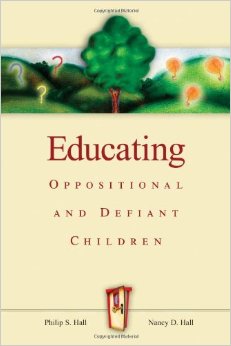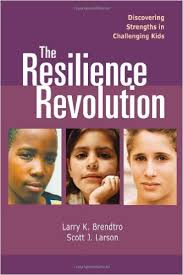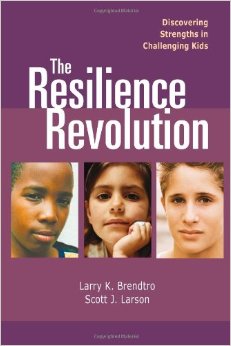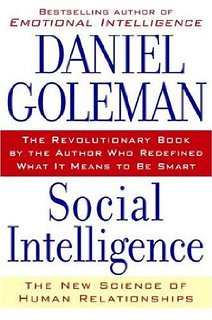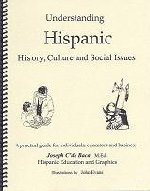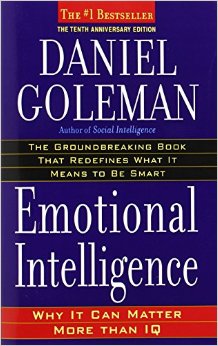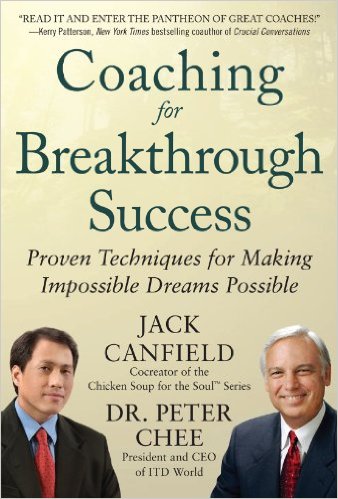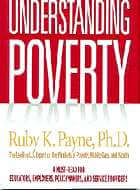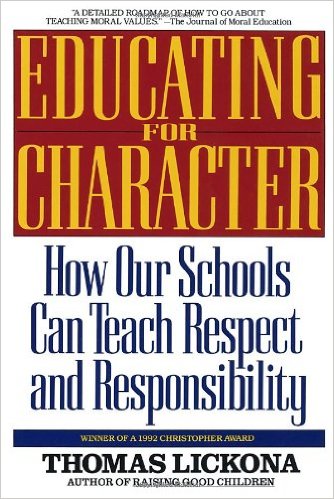“I just signed up for two courses: Emotional Intelligence and The Biology of Belief. The instructions are being sent to my office e-mail… I can’t wait to review everything tomorrow. I am excited about the courses as they look very interesting! Thank you for this opportunity! I will forward the flyer you sent me to other teacher friends in my area.“
- 1 Credit -
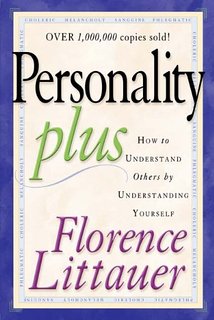
1 Semester Credit
(post-baccalaureate
PD credits for re-certification and
pay-lane increases)
- accredited nationwide
- start any time
- up to 5 months to complete
- independent study
- all course materials included with course tuition
- view FAQ
Course Description
This course will explore the four personality characters: Choleric, Sanguine, Melancholy and Phlegmatic. The personality styles are presented in great depth to explain the behavior characteristics for each of the four types of individuals. Teachers will find their own personality profile and examine each style’s various strengths and corresponding weaknesses. Educators will develop a two-page application essay, lesson plan or activities for classroom applications of personality profile theory.



$225
1 Semester Graduate Credit
Item categorysocial-emotionalpage3 not found.Item ma-categorysocial-emotionalpage3 not found.Item categorysocial-emotionalpage32 not found.Item ma-categorysocial-emotionalpage32 not found.
Personality Plus
- 1 Graduate Credit -



Course Objectives
- Teachers will learn about behavioral characteristics of the 4 main character types: Choleric, Sanguine, Phlegmatic and Melancholy
- Educators will perform the self-evaluation character/personality test on themselves to determine their own character type and behavior style.
- Teachers will examine both the positive and negative aspects of the character types and learn how to regulate the negative behaviors and/or accentuate the positive characteristics.
- Participants will explore the resources, role models, discipline and support systems.
- Educators will research the culture of poverty issue regarding alternative theories and conclusions presented in the book, as well as present a variety of solutions.
- Educators will develop a written essay assignment, lesson plan, project or activity to introduce the personality concepts into the classroom environment.
Credit Hours
1 Semester Credit (post-baccalaureate professional development credit)
Course Instructor
Joseph C’de Baca MaEd.
Grade Type
University Transcript: Click Here For Details
Personality Plus
What Others Are Saying About This Course
TLC Testimonials

